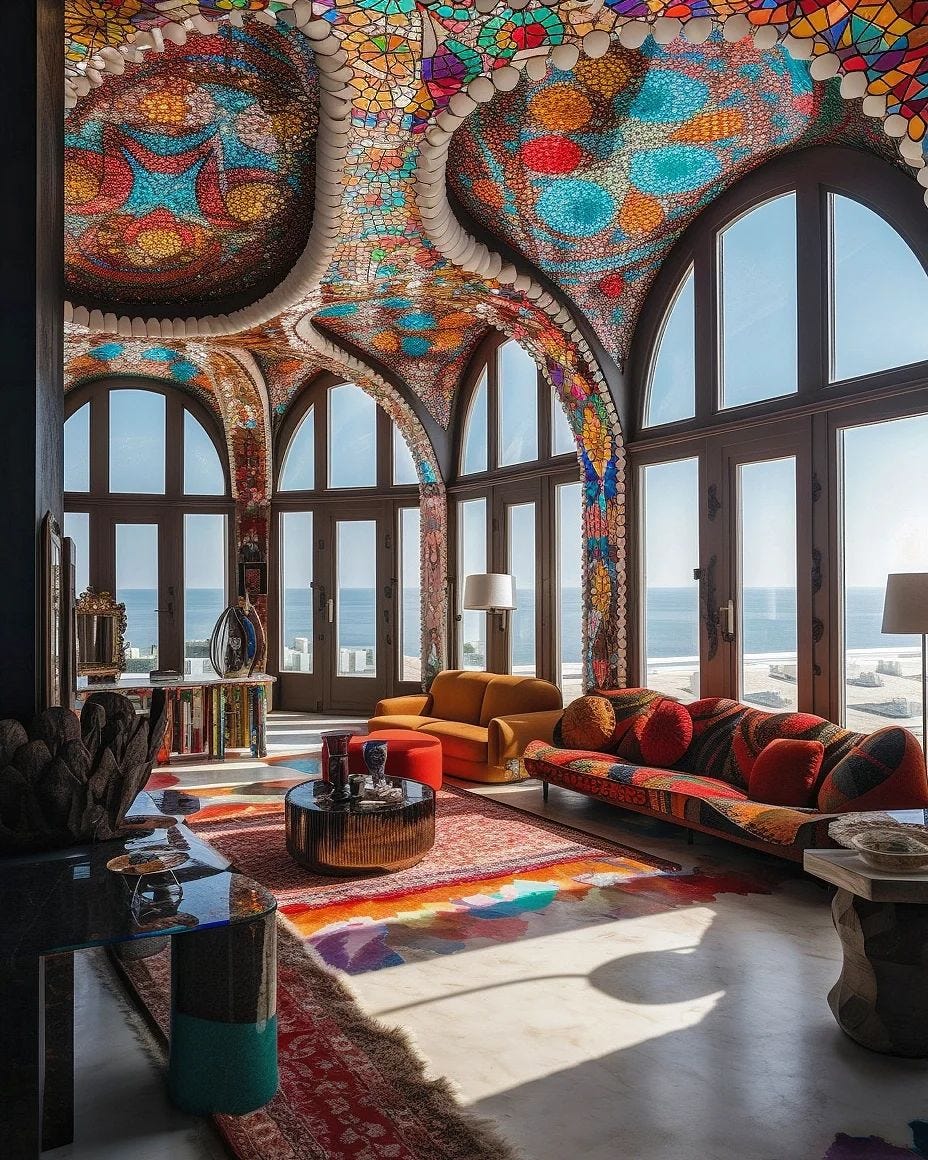#66: ambition without burnout
👋 Welcome to the 66th issue of Out of Curiosity, a weekly newsletter promoting ideas to help get 1% better everyday.
My name is Reza, and every week, I go through nearly 100 pieces of content (from books and podcasts to newsletters and tweets), and bring you the best in this newsletter.
In this issue:
💙 Closeness is rare
📈 Ambition without burnout
🎨 Notes on taste
💙 Closeness is rare
So nicely phrased. So, so relatable.
I know what I like now: individuals, closeness, depth, vulnerability. I don’t like: intense parties, large groups, clout-chasing. I don’t force a lot of things now. Because things are uncontrollable. People are unpredictable. I feel less shame around being selective or unreachable or misunderstood.
You could go your whole life trying to get people, or even a specific someone to see you. We witness this a lot in asymmetric relationships where people spend a lot of time forcing closeness or depth or resonance with another person that just may not exist. Then there are people who just get it. You don’t have to say too much — they are observant, highly intuitive and good listeners. They will just get it. The attention you are fighting for does not have to feel like yanking teeth. The right people will naturally be curious.
→ Starting from Nix | 4-min read
📈 Ambition without burnout
Pragmatic ambition is a middle ground between grand ambition and no ambition. It can help avoid being miserable.
So there's some rationale for the no ambition theory. The con is that we are miserable without goals. If there's not something that we're going for, something that's important to us that we can see ourselves making progress towards, it is very hard to live a fully relaxing life. There is a fundamental ambition of I want to do these things. And if I'm not doing something, if I'm just sitting around enjoying the sunshine, I'm not going to be happy. So the key downside of no ambition is that it tends to make people miserable.
So we got grand ambition. We got no ambition. What I want to offer is a middle ground between the two so we can pull from both pros and try to avoid both cons. And I'm going to call this middle ground pragmatic ambition. This is something I realize I've been working on in my own life without there actually being terminology about it.
→ Deep Questions | 91-min listen

🎨 Notes on taste
Appreciation is a form of taste. Creation is another. They are often intertwined, but don’t have to be. Someone could have impeccable taste in art, without producing any themselves. Those who create tasteful things are almost always deep appreciators, though.
Though taste may appear effortless, you can’t have taste by mistake. It requires intention, focus, and care. Taste is a commitment to a state of attention. It’s a process of peeling back layer after layer, turning over rock after rock.
While taste is often focused on a single thing, it is often formed through the integration of diverse, and wide-ranging inputs. Steve Jobs has said, “I think part of what made the Macintosh great was that the people working on it were musicians and poets and artists and zoologists and historians who also happened to be the best computer scientists in the world.”
→ are.na | 8-min read
✨ One last thing…
👋 Until next week,




